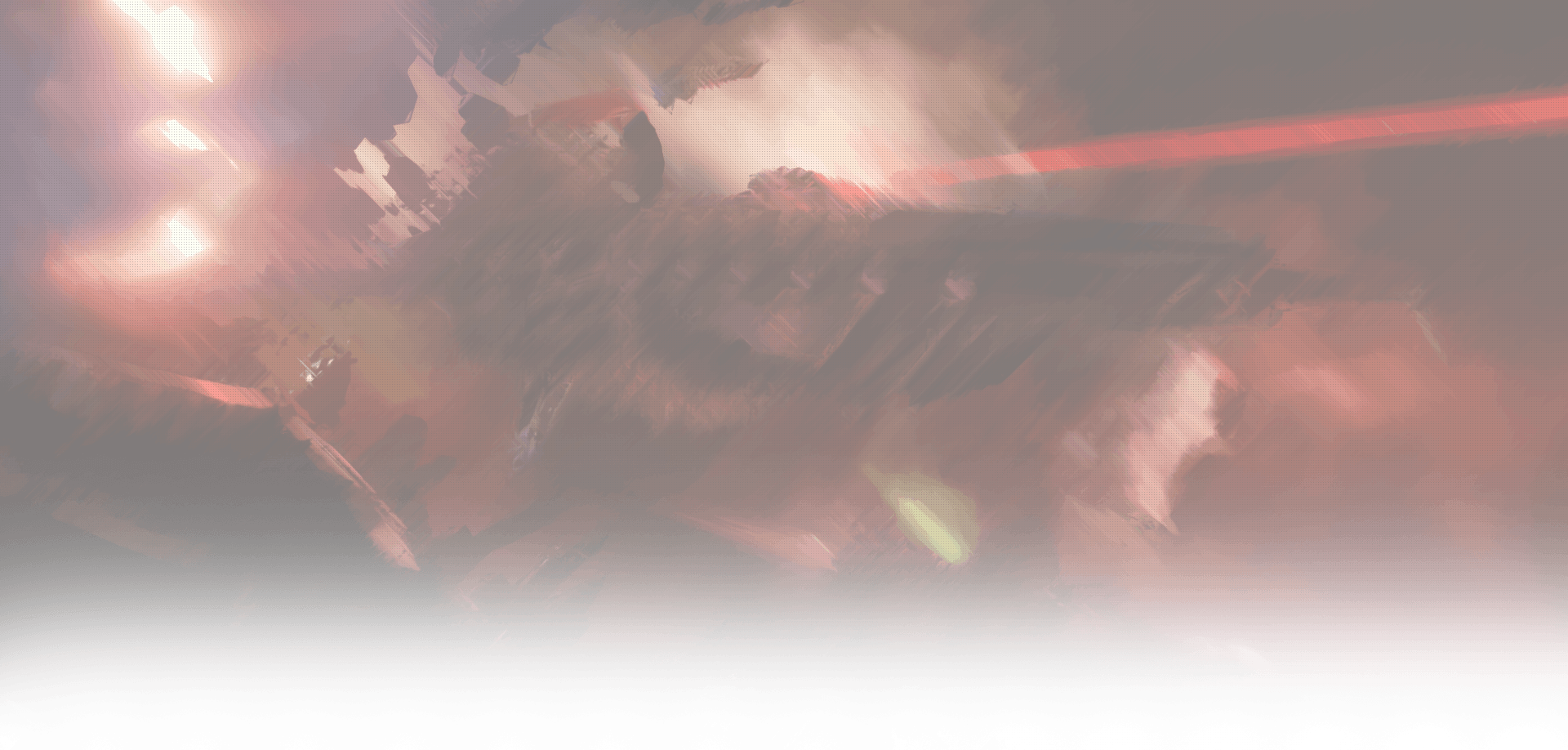
by
Lady Rukiara in Nov 02,2012
Doomed Slayers by Jürgen Hubert is an important supplement that can really be spun for absolutely any tabletop you play as it doesn't have specific mechanics, sometimes the concepts may seem something we may "know", but I've been in my share of groups that completely lack the concepts in this book, so lets take a deeper look.
When you start a game you are an Adventurer, and you just happen to run into the people around the table, get to together, and do as you will. Hubert points out, that you're not alone. You're not just adventurers, you (may) be considered a Slayer, groups just like you, going from village to village, saving each little town from their woes for a price.
Doomed Slayers goes through the potential processes of becoming a slayer, finding comrades and the struggles it could be due to he Slayers inexperience. Each base race is included and their "normal" roles usually played in the group of a Slayer, suggestions, ideas, and more creativity as we delve deeper into the realm of being a Slayer.
The Slayers have a basic code, it seems to be leaning closer to a lawful good approach, but has given me ideas for quiet the opposite, also. The basic slayers code consists of four key points:
1. Go Where you are needed, help where you can.
2. Do not tarry where you are not needed.
3. Own only what you can take with you.
4. Fight the monsters, not your kin.
But this isn't completely one sided, the code of Slayers is one among slayers, but the common folk have to respect what they do, also. Slayers are something that is a well known concept, instead of just bands of rough and tumble mercenaries, the common response to slayers are to pay them what you can, and appropriate of what you ask, Do not bar their way, and what they find, they keep. Unless of course, the task is to find something specific. This means that Slayers are well known enough that just the concept of what you are has to be respected, similarly to just because you don't know the police officer specifically, you know what his job is and the basic ideas of how to interact with him.
But with this, comes competition. You may not be the first, you may not be the last, the lowest bidder, you may not be the most experienced or you may be competing side by side. The pace of which you do something may be a slower or faster pace than others, this is your paycheck, but it is also someone else's paycheck too.
This obviously is not perfect, he goes on in the book to help you see ways of how to interact with the system, things that could go wrong or terribly right, it is a very real and very great mechanic. The deeper you delve in, the more mischievous you can get, or the more noble.
The book goes through the birth and retirement/death of a Slayer, and all that is inbetween. The concepts are extremely well done and adaptable to any tabletop, though it is geared towards fantasy rpgs I can easily see this implemented in almost any game I sit down to play, great supplement and only a few bucks so I suggest
running over investing a few bucks on a great read.

